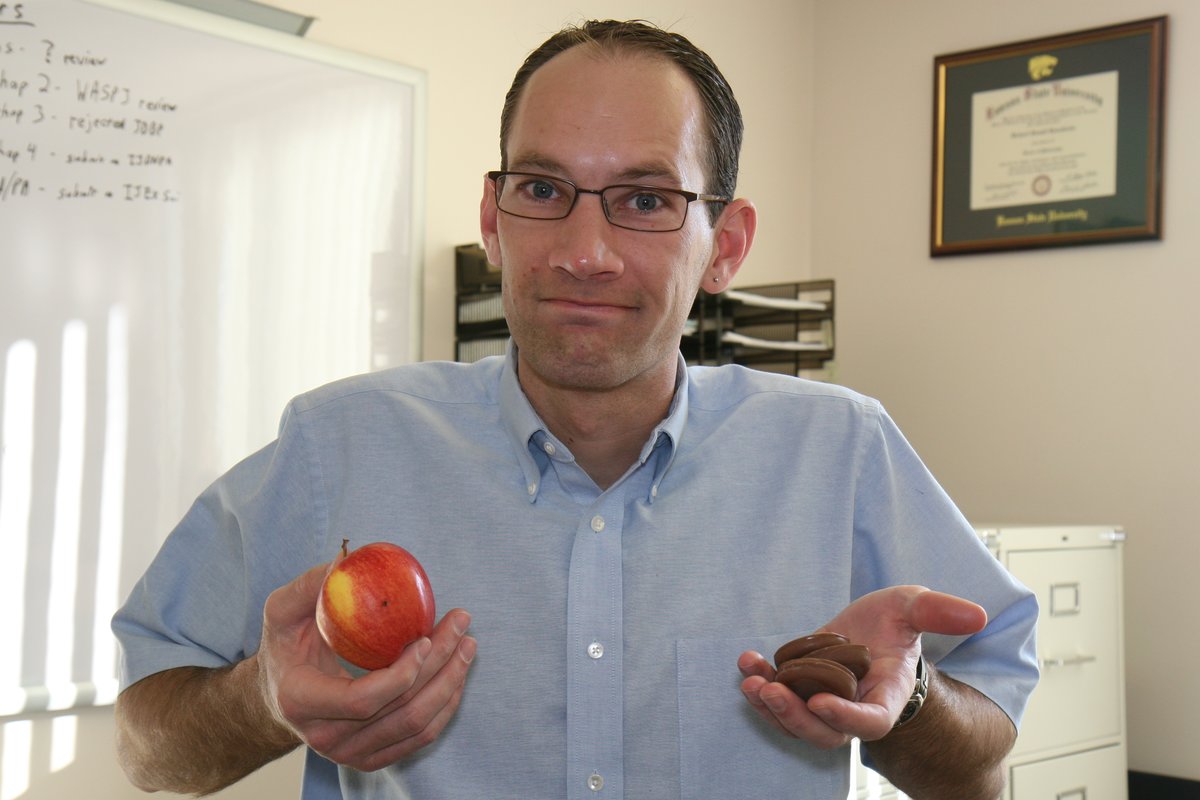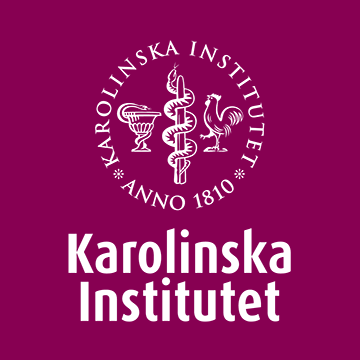
Public health systems are working on new technology-driven, more targeted programs to reduce the rising tide of obesity and mental illness by helping people, young and old, to eat less ultra-processed food, to exercise more and get a healthier lifestyle.
US authority Professor Richard Rosenkranz, who is visiting Adelaide for a Flinders University Digital Health Research Centre global telehealth symposium next month (5 July, Tonsley Innovation District, Clovelly Park), says encouraging health behaviour change requires action at multiple levels.
“We need to do better in making the healthy choice the easy choice for all those in the population,” says Professor Rosenkranz, leader of the Physical Activity and Nutrition Clinical Research Consortium at Kansas State University.
“Rather than blaming the individual, we need to look at ways to make healthy behaviour convenient, attractive and normative. We need to break away from too much emphasis on motivation, rational and logical decision-making and rushing in with information overload as stimulus for behaviour change.”
Instead, people need to feel social connection and autonomy to make their own self-motivated changes.
This is where technology-led approaches can help to prevent chronic disease, particularly as health budgets shrink:
- Understand the population with automated high-volume data collection and develop rapid and innovative responses, including patient-led interventions and clinical delivery of most-needed services.
- Monitor health behaviour and deliver solutions via cost-effective IT-based solutions, including via virtual health coaches and mobile and internet support to individuals and health services in rural and remote communities.
- Focus on bespoke behavioural change programs to encourage awareness and support change in nutrition, physical activity, sleep and mental health – both to specific demographic and socio-economic groups, and in a myriad of systems such as social motivation, challenge-reward or planned behaviour.
“For example, children are at the mercy of adult decision-makers within various settings throughout the day. These adults effectively determine whether or not children have opportunities to engage in physical activity or to eat health-promoting foods,” he says, saying obesity and overweight is far too common in Australia, as it is the USA.
“Most Australians are not meeting the physical activity guidelines, and eating far too much ultra-processed food, two little fruit and veg, and not enough whole-grains.
Professor Rosenkranz says an example of digital health programs making a difference is in northeast Kansas where video-based wellness training has been delivered to leaders of youth development programs via SMS or Internet learning management systems.
“These trainings help build leaders’ capacity to offer more opportunities to kids for fun physical activity fruit and vegetable snacks, creating healthy norms as well as providing education for kids and their families in how to be healthy.”
“The four major behavioural risk factors in reducing chronic disease in our communities are diet, physical activity, smoking, and alcohol consumption.
“We often rely too much on expecting people to make rational and logical decisions, and need to focus more on designing conducive environments and fostering healthy habit formation.
“If we aim to achieve better health and wellness – at levels ranging from the individual to the population – being able to understand, predict, and influence human behaviour is crucially important,” he says.
“Healthy environments are those that have healthy default options that make the healthy choice – including enough fresh fruit, vegetables and grains for a good diet – the easy and most cost-effective choice.
“This is true across the range from community programs to public health to medical care.”
Professor Rosenkranz says that to make long-lasting changes, policy-makers and other decision-makers, including parents need to meet the various needs of the community of people, including social connections, autonomy, skill building and healthy norms.
The will be opened by Professor Rosenkranz and Flinders University Digital Health Research Centre co-director Professor Anthony Maeder.







